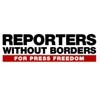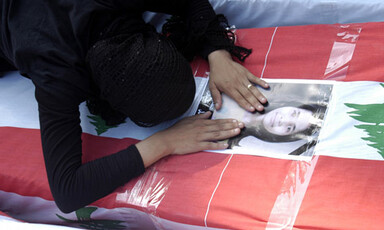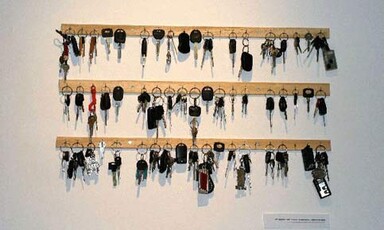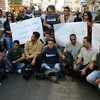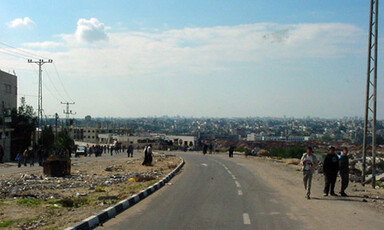
Fear Is a Powerful Stimulant (Part 3)
Gaza, Palestine 31 December 2006
Our mobile health van drives just north of Beit Lahiya where we see a large crowd of people fleeing from the attack. We drive further north toward the village of Um Nasser, located right on the border with Israel, and right underneath the attack helicopters which are hovering about 1000 meters above us. We arrive at the village clinic. Because of the attack helicopters, patients are not showing up to be seen today. I am not as scared as I was on the first night at Hotel Al Deira, though we are in a more dangerous spot. I am strangely getting used to this. Read more about Fear Is a Powerful Stimulant (Part 3)
